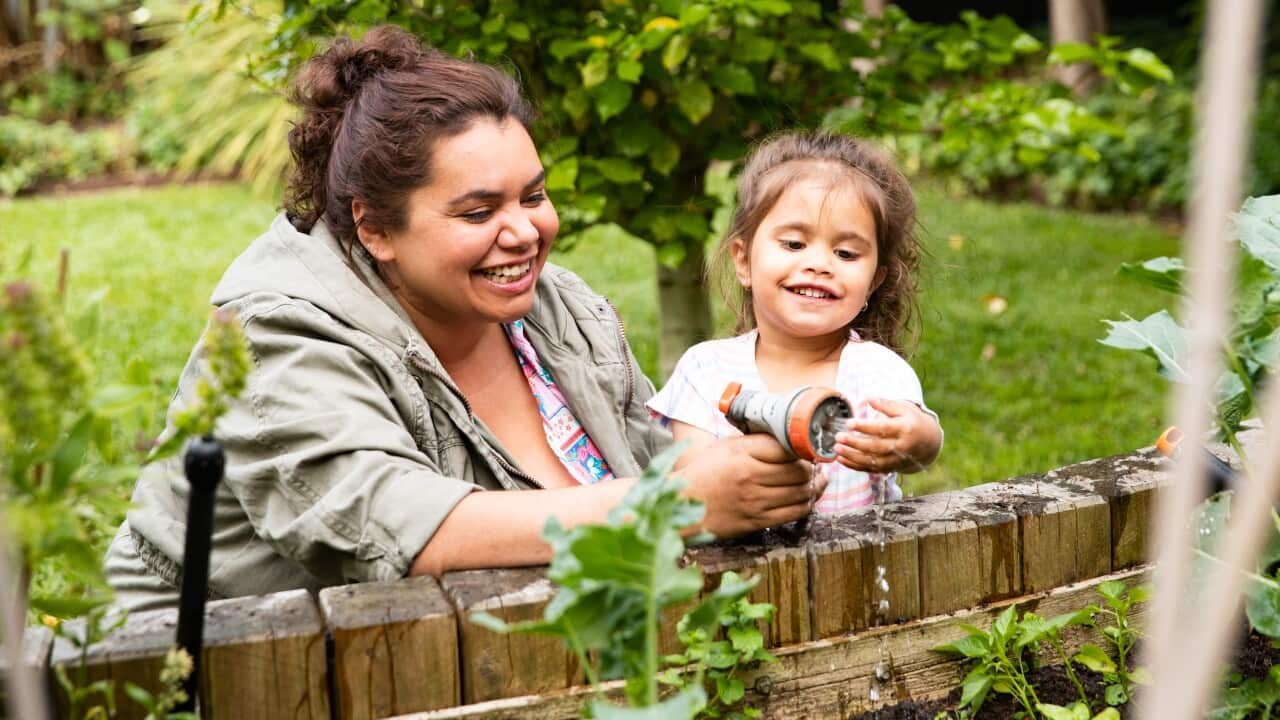Key Points
- Romance scams cost Australians over $23 million last year, with scammers using increasingly sophisticated tactics to deceive victims.
- While older adults, widowers, divorcees, migrants and Indigenous people are often targeted, anyone looking for love online can fall victim.
- Scammers build trust quickly, using emotional manipulation to ask for money or personal details.
- Knowing the red flags (inability to meet in person, secrecy, and requests for money) can help protect you and your loved ones.
You may think that you’d never fall for a romance scam, but as scammers become more sophisticated, anyone looking for love can be deceived.
While they tend to target vulnerable people like older adults, widowers and divorcees, migrants, Indigenous people, and disabled individuals, no one is immune.
“They usually focus on people who are emotionally isolated, financially stable or inexperienced with online dating. But having said that, anyone can be a victim, including younger people, because scammers will usually tailor their approach based on the victim’s background and online activities,” explains , associate professor and socio-tech expert from Central Queensland University.

Knowing the red flags (inability to meet in person, secrecy, and requests for money) can help protect you and your loved ones. Source: iStockphoto / SPmemory/Getty Images/iStockphoto
How do romance scams operate?
A romance scam involves fraudsters creating fake online identities to deceive victims into fake relationships. Their goal is to exploit their victims’ trust to steal money or personal information.
Kylee Dennis is a former police officer and owner of , a service specialising in unmasking romance scammers. She explains how scammers target their victims.
“You go online, you find what you would classify as being your perfect mate, and that relationship develops very quickly. They ask you to come off the dating apps, you go onto a messaging platform, and intimate conversations start. The scammers find your core values, what you like and dislike. That relationship starts very quickly, and then as it continues, they start asking for financial assistance due to an emergency.”
While some of these relationships escalate quickly, many scammers play a long game.
“Often the scammer will invest quite a lot of time in establishing what seems like a real emotional connection before they then turn to executing the scam so it can feel very real,” Catriona Lowe says, who's the deputy chair of the Australian Competition and Consumer Commission (ACCC), which runs the .

Love bombing: is when the scammer professes love early on and floods you with messages and calls. Source: iStockphoto / Frank Brennan/Getty Images
Romance scams: The red flags
-Love bombing: the scammer professes love early on and floods you with messages and calls.
-Moving off platforms quickly: they insist on shifting conversations from dating apps and social media to encrypted messaging platforms like WhatsApp, which makes them harder to track.
- Secrecy: They discourage you from discussing the relationship with loved ones, claiming they wouldn’t understand.
- Avoiding in-person meetings: They frequently make excuses for not meeting face-to-face, often citing overseas work or family emergencies.
- Requests for money: They ask for financial help due to urgent medical bills, travel expenses, or
How to protect yourself from scams
- Never share personal information, passwords, or financial details with someone you meet online.
- Avoid sending intimate photos or videos, as scammers may use them for blackmail.
- Never transfer money to someone you’ve only met online or participate in they suggest.
- Be aware that scammers now use AI-generated images and videos, making video calls insufficient for verification.

Dr Ritesh Chugh, associate professor and socio-tech expert from Central Queensland University.
What to do if you’re a victim of a romance scam
If you suspect you’ve been scammed:
- Contact your bank immediately to stop further transactions and secure your accounts.
- Change your online passwords to prevent further breaches.
- Contact for support.
- Report the scam to (National Anti-Scam Centre).
“We know that scammers are highly skilled manipulators who prey on trust and emotions. Feeling shame or embarrassment is natural, but reporting the scam can help prevent others from falling into the same trap. There’s no doubt that victims deserve support. Talk to someone you trust, reach out to family and friends or professional counselling services. And please, report. By reporting the scam, you take back control and contribute to the fight against these crimes,” Dr Ritesh Chugh says.
If you’ve been the victim of a romance scam, please know that you’re not alone. It happens to millions of people in Australia and globally. And it is not your fault. Stop engaging with them, block them and report them.Dr Ritesh Chugh

Romance scams cost Australians over $23 million last year, with scammers using increasingly sophisticated tactics to deceive victims. Source: Moment RF / sarayut Thaneerat/Getty Images
How to help a romance scam victim
If you suspect , be patient, kind, and sensitive, but firm. Keep in mind that they’re the victim of a crime and need your help.
“Encourage them to cut all contact with the scammer, and assist in reporting the incident. Help them secure their finances and online accounts while also offering emotional support. Patience is key here because victims will struggle with denial or grief,” Dr Ritesh Chugh says.
If you can’t get through, enlist the help of other friends or family members.
Kylee Dennis founded Two Face Investigations after helping her mum escape a romance scam. By conducting a reverse image search on the scammer’s photos, she uncovered that they actually belonged to someone else.
“My mum did it for six months and I’d talk to her a couple of times a week, and at no time did she ever tell me she was dating online because the scammers had manipulated her to tell her I wouldn’t understand,” she says. “It’s ok to be online dating! Go online, find your perfect match…just don’t give them any money.”
Subscribe to or follow the Australia Explained podcast for more valuable information and tips about settling into your new life in Australia.
Do you have any questions or topic ideas? Send us an email to [email protected].










